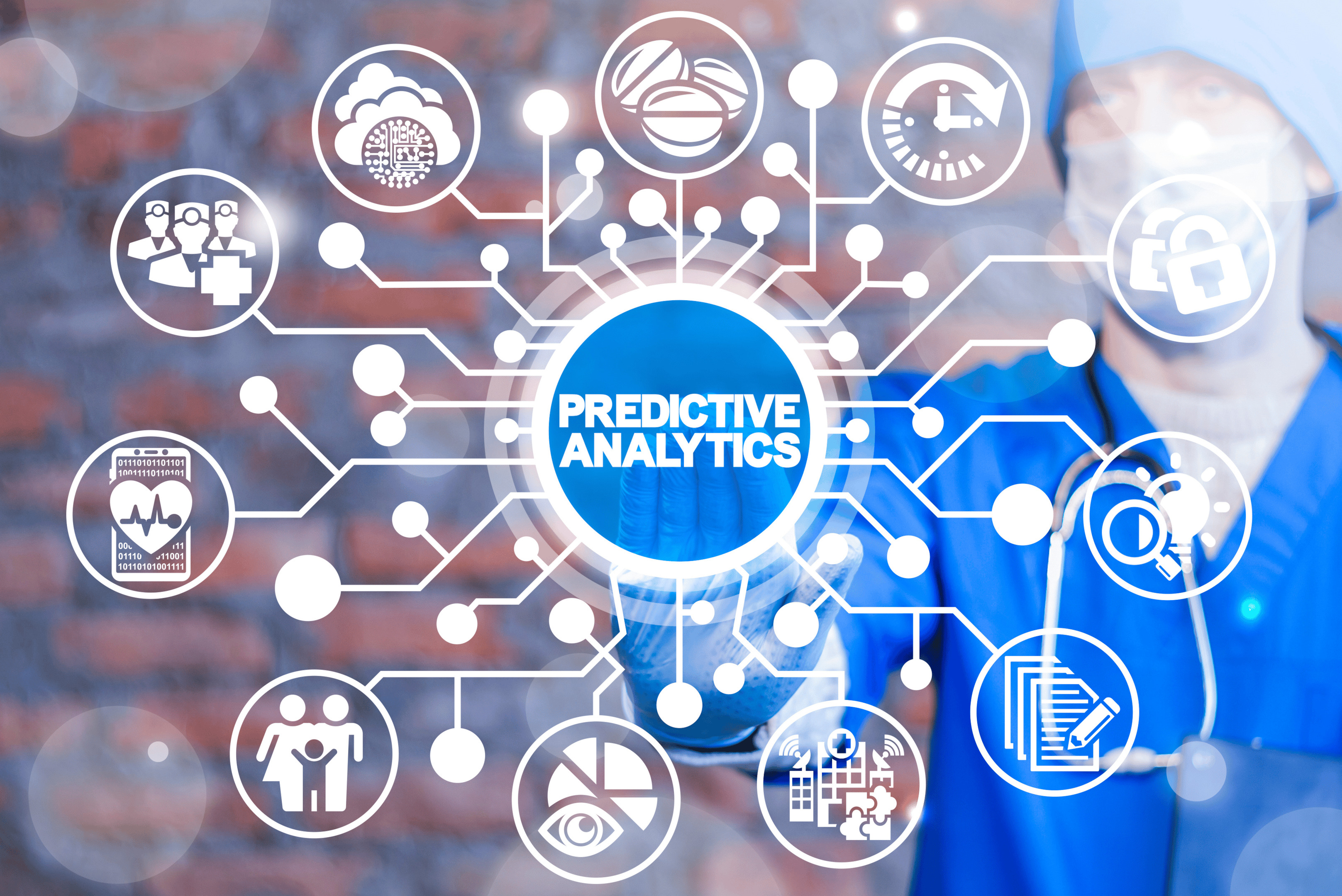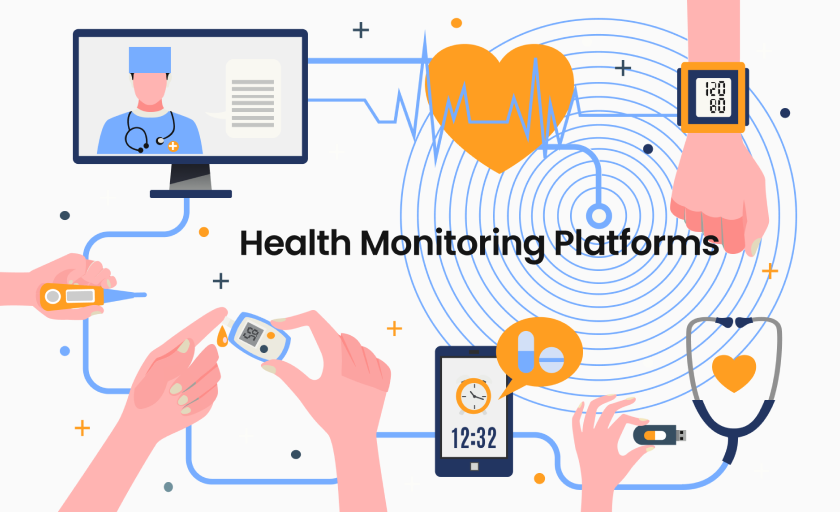Unveiling the Dynamic Role of Artificial Intelligence in Dialysis Technology
In the ever-evolving landscape of healthcare, one of the most promising and transformative advancements is the integration of Artificial Intelligence into various medical fields. One such area where AI is making a significant impact is in dialysis technology, revolutionising the way we approach renal care. Dialysis, a life-sustaining treatment for individuals with kidney failure, is witnessing a dynamic transformation as AI technologies contribute to improved efficiency, personalised care, and better patient outcomes.
Traditionally, dialysis treatment has been a labour-intensive and resource-demanding process, often characterised by manual adjustments and periodic check-ups. However, with the advent of AI, the dialysis landscape is undergoing a paradigm shift, enabling healthcare professionals to harness the power of data, machine learning, and automation for more precise and patient-centric interventions.
This blog will delve into the dynamic role played by AI in dialysis technology, exploring the various facets of its integration, its impact on treatment protocols, and the potential to revolutionise patient experiences.
Integration of AI in Dialysis Technology
In the realm of healthcare, the marriage of artificial intelligence (AI) and medical technology has been transformative. One area witnessing remarkable advancements is renal dialysis, where AI is playing a pivotal role in redefining patient care. Following the passage is introducing the multifaceted ways in which AI is reshaping the landscape of renal dialysis, from predictive analytics to personalised treatment plans and beyond.
Predictive Analytics for Enhanced Patient Monitoring
Artificial intelligence, with its capacity to analyse vast amounts of data in real-time, is revolutionising patient monitoring during dialysis. Predictive analytics algorithms are employed to scrutinise patient parameters, ranging from vital signs to biochemical markers. By identifying patterns and anomalies, AI systems can predict potential complications before they manifest clinically. This proactive approach enables healthcare providers to intervene early, mitigating risks and improving overall patient outcomes.
Consider the scenario where an AI algorithm, analysing a patient’s historical data, detects subtle changes in blood pressure patterns during dialysis. Recognizing the early signs of hypotension, the system alerts healthcare providers, allowing for prompt adjustments in treatment parameters. This real-time predictive capability is a game-changer in ensuring patient safety and optimizing the dialysis process.
Personalised Treatment Plans Tailored by AI
One of the most promising aspects of AI in renal dialysis is its ability to craft personalised treatment plans for individual patients. Traditional dialysis treatments often follow standardised protocols, overlooking the inherent differences among patients. AI, armed with machine learning algorithms, considers a myriad of patient-specific factors to customise treatment regimens.
For instance, AI algorithms take into account parameters like age, weight, comorbidities, and even genetic factors. By analysing this data, the system optimises the dialysis prescription, adjusting factors such as dialysate composition, flow rates, and treatment duration. This personalised approach not only enhances the efficacy of the treatment but also reduces the likelihood of adverse effects.
Moreover, the adaptive nature of AI allows it to continuously learn from patient responses, refining treatment plans over time. This iterative learning process ensures that the dialysis regimen remains tailored to the evolving needs of each patient, marking a significant departure from the one-size-fits-all approach of conventional dialysis.
Machine Learning in Fluid Management:
Fluid management is a critical aspect of renal care, and AI is bringing a new level of precision to this process. During dialysis, maintaining an optimal fluid balance is paramount to prevent complications such as hypotension or fluid overload. AI-powered machine learning algorithms excel in dynamically adjusting fluid removal based on real-time data inputs.
The machine learning models analyse data streams from various sensors monitoring fluid dynamics, blood pressure, and other relevant parameters. By discerning patterns and predicting changes, these algorithms guide the dialysis machine to adjust ultrafiltration rates in a manner that minimises risks. This level of sophistication in fluid management not only enhances the safety of the procedure but also contributes to improved patient comfort and well-being.
Cognitive Computing for Decision Support:
Beyond predictive analytics and personalised treatment plans, AI’s cognitive computing capabilities are instrumental in providing decision support for healthcare professionals. These systems leverage natural language processing and machine learning to sift through vast amounts of medical literature, guidelines, and patient data to offer evidence-based recommendations.
Consider a scenario where a nephrologist is faced with a complex case involving a patient with multiple comorbidities. AI-powered decision support tools can analyse the patient’s medical history, current condition, and the latest research findings to suggest the most appropriate course of action. This not only aids in clinical decision-making but also ensures that treatment plans align with the latest advancements in renal care.
Remote Monitoring and Telemedicine Integration:
The integration of AI in renal dialysis extends beyond the confines of healthcare facilities. With the advent of telemedicine, AI facilitates remote monitoring of patients undergoing dialysis at home. Wearable devices equipped with sensors continuously collect data, and AI algorithms analyse this information in real-time.
The ability to remotely monitor patients undergoing dialysis offers several advantages, including early detection of issues, improved adherence to treatment plans, and reduced healthcare costs. AI ensures that healthcare providers receive timely alerts in case of abnormalities, allowing for timely interventions or adjustments to the treatment plan. This integration aligns with the broader trend of shifting healthcare from reactive to proactive and preventive models.
Ethical Considerations and Challenges
While the integration of AI in renal dialysis holds immense promise, it is not without its ethical considerations and challenges. Patient privacy, data security, and the potential for algorithmic biases are critical aspects that require careful consideration. Ensuring transparency in AI algorithms and maintaining a balance between technological innovation and ethical principles is paramount for the responsible deployment of these technologies in healthcare.
Future Horizons Nanotechnology and AI Synergy
Looking ahead, the synergy between nanotechnology and AI holds the potential for groundbreaking advancements in renal dialysis. Nanoscale interventions, combined with AI-driven precision, could revolutionise the efficiency and safety of dialysis procedures. Imagine nanobots navigating the bloodstream, guided by AI algorithms to precisely target and remove toxins, ushering in a new era of minimally invasive and highly effective renal care.
Conclusion
In conclusion, we at HARRAHS believe that the role of artificial intelligence in renal dialysis is transformative, touching every facet of patient care from predictive analytics and personalised treatment plans to machine learning-driven fluid management and cognitive computing for decision support. As we navigate this era of technological innovation, ethical considerations must accompany the rapid evolution of AI in healthcare. The future promises even more exciting developments, with the potential synergy between nanotechnology and AI opening new frontiers in renal care. The journey towards redefining renal dialysis through artificial intelligence is not only improving patient outcomes but also paving the way for a more personalised, precise, and patient-centric approach to healthcare.





